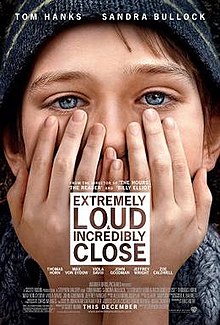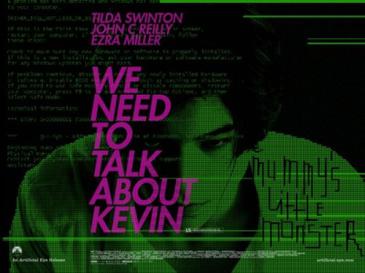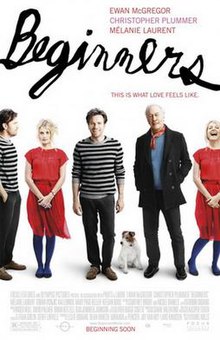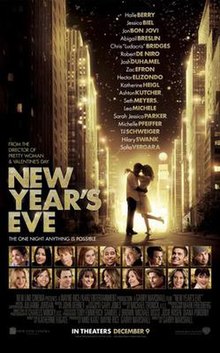 Hey guys,
Hey guys,I know it's been a while since my last review. Unfortunately, school and some personal issues have taken their toil on me. I do have a few book and movie reviews almost ready, which I will be uploading on Sunday. Until then, I decided to remember some of the best films of the first decade I lived in from start to finish. I have, however, decided to stir some things up and, instead of doing the classic "Best of" list, feature 5 of my favorite under-appreciated films. Hopefully they'll make you as happy as they make me:
5. Me and you and everyone we know (Miranda July, 2005)
Worldwide Gross: $8,012,838
This is an extremely weird film, and I do not expect everyone to like it. If you get over its queerness, however, you will be able to appreciate Miranda July’s unique voice in a world populated by formulaic “indie” quirky comedies.
http://www.youtube.com/watch?v=2TTGhyp-mhE
4. XXY (Lucia Puenzo, 2007)
Worldwide Gross: $2,728,869
In “XXY,” Lucia Puenzo has crafted one of the most honest depictions of gender identity in celluloid. Painful, brutal, and perversely funny at times, “XXY” is one of the best Latin American films of the past decade.
www.youtube.com/watch?v=cWcyZDMm1rE
3. Duck Season (Fernando Eimbcke, 2004)
Worldwide Gross: $155,410
Nothing happens in this movie: It is, quite literally, a study of boredom. “Duck Season” is, however, also incredibly heartfelt, and one the ultimate portrait of the Millennium Generation.
http://www.youtube.com/watch?v=cWcyZDMm1rE
2. Margot at the Wedding (Noah Baumbach, 2007)
Worldwide Gross: $2,897,757
Most people deemed Noah Baumbach’s follow-up to “The Squid and the Whale” a disappointment. For me, “Margot at the Wedding,” a film plagued by unlikable characters and myriad uncomfortable moments, is incredibly risky, yet equally enthralling.
http://www.youtube.com/watch?v=_NQobRrZhvo
1. Shortbus (John Cameron Mitchell, 2006)
Worldwide Gross: $5,516,192
John Cameron Mitchell's sophomore success grows on you. It is provocative, sexually-explicit, and despite its elements of magical realism, one of the most truthful tales of life, romance, and sex that have ever been showcased on celluloid.
www.youtube.com/watch?v=H8A1dwEhSMY
Runner-ups in chronological order: Hedwig and the Angry Inch (Mitchell, 2001), Last Life in the Universe (Ratanaruang, 2003), Shopgirl (Tucker, 2005), Silent Light (Reygadas, 2007), Son of Rambow (Jennings, 2007), Synecdoche, New York (Kaufman, 2008), The Class (Cantet, 2008).





